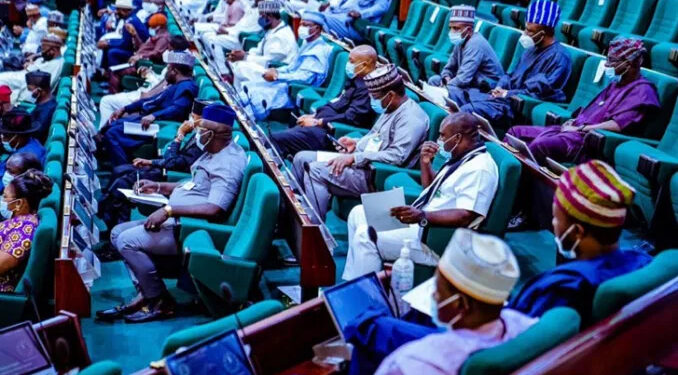By John Ikani
The Academic Staff Union of Universities (ASUU) says the Student’s Loan Bill currently before the House of Representatives is totally unnecessary, urging the lawmakers to drop it.
The position of the union was made known by its National President, Professor Emmanuel Osodeke during an exclusive interview with Nigerian Tribune.
Recall that the Speaker of the House of Representatives, Hon. Femi Gbajabiamila, sponsored a bill titled: Students Loans (Access to Higher Education Bill) in the National Assembly in January 2022.
According to him, “The bill sets to provide interest-free loans to students. The repayment of these loans shall commence two years after the completion of the National Youth Service Corps Scheme.”
What ASUU is saying
According to Professor Osodeke, there was simply no basis for such a bill to have been introduced in the first instance in the House, let alone members debating it to become a policy in a country like Nigeria with a high burden of graduates’ unemployment.
“And we should not also pretend not to know that such loan would have matured in about 10 years up to more than double of the principal amount and so if those students don’t get a job since getting a job is not an automatic thing, how would such a graduate payback or his or her father, who is earning about N30,000 monthly as salary helps in paying back such a loan?
“So, I think we should all be realistic and not deceive ourselves any longer in Nigeria as this policy cannot work at least for now and also not in near future in our country,” he emphasised.
The nation president went on to debunk claims by the Nigerian Government about the lack of money to fund education.
According to him, “it is not that there is no money in the treasury but the political leaders have misplaced priority in spending it.”
While noting that political leaders across tiers lack the political will to commit significant resources to the education sector, Osodeke added that it was the reason why a majority of them have their children studying abroad or at worse in private schools in the country.
He said a way out of this scenario that would make the education sector stand out and performs its roles, is for the government at all levels to fund education well by allocating a tangible percentage of their annual budgets that would be up to 20 per cent or more to education.


































